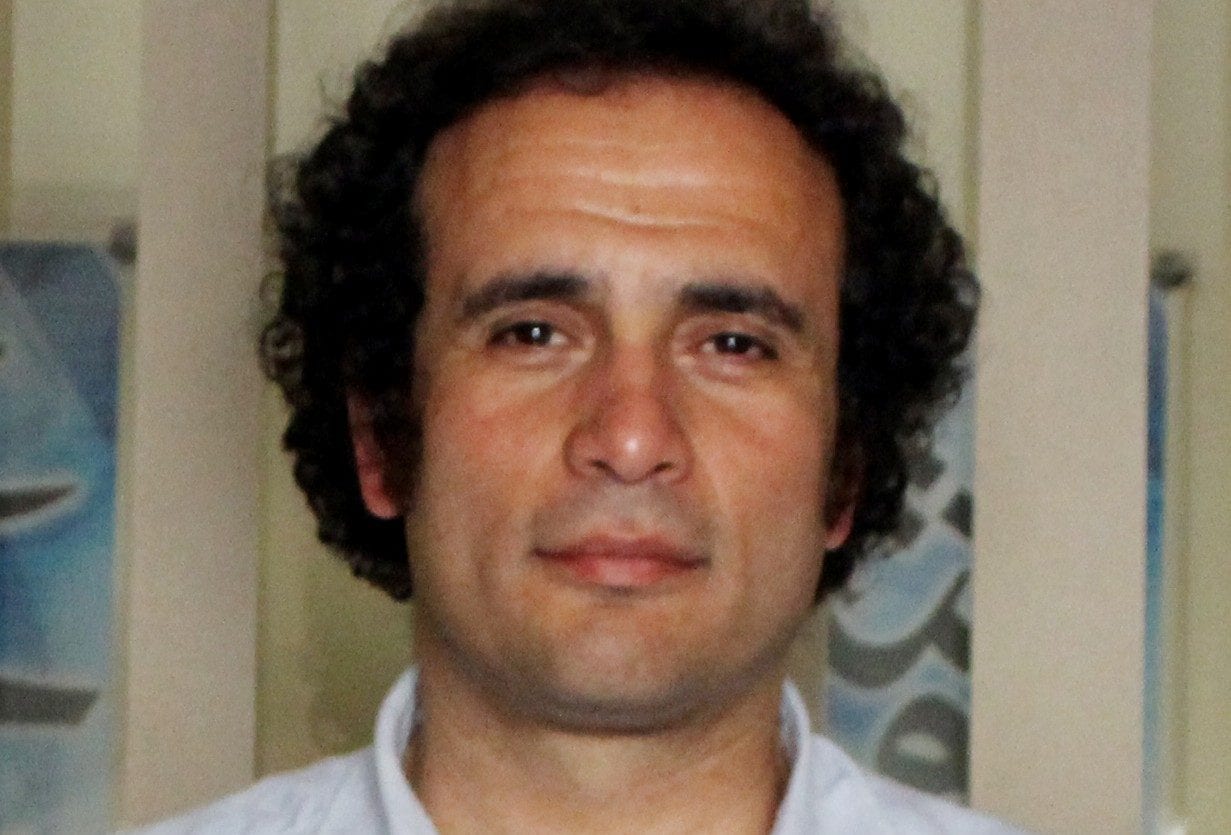The repercussions of the Russian-Ukrainian war forced the administration of US President Joe Biden to back down from the policy of limited interest in the Middle East, and pulled the US back into a region that has changed dramatically in recent years. This region has now become a foothold and place of influence for several great powers competing with Washington.
In addition to the complete Chinese infiltration that extends from the economy and trade to technology and diplomacy, Russia has succeeded in exploiting the disastrous results of the fluctuations in American policy since 2001, going from military interventions and a desire for unilateral domination in the Middle East to strategic hesitation and backing down from security pledges made to regional allies and military withdrawals, doing so in order to reformulate its roles in the region beyond its traditional area of influence in Syria.
Moscow presented itself to the Middle East as a stabilising force looking for military, security, economic and commercial cooperation with all the governments of the region without giving the Middle Easterners a choice between it and their existing alliances with the US. Moscow left Washington to put restrictions on arms exports to the region and it offered its weapons without conditions. Decision-makers in the Russian presidency and in the diplomatic institutions used the state of ambiguity created by the fluctuations in US policy with regard to Middle East security, and they tried to export a new image of Russia as a superpower capable of direct military and security intervention to defend its allies (Syria as an example) and an ally that can also influence the developments and outcomes of conflicts occurring in the region (Libya, for example). It also portrayed itself as not opposed to diplomatic solutions to end these conflicts, as it does with Iran and Turkiye with regard to Syria and with Egypt, the UAE, Turkiye and France with regard to Libya.
READ: US, Ukraine discuss ‘security arrangements,’ Saudi Arabia peace talks
Russia has worked to extend networks of arms export, security, and economic and commercial cooperation, so its role in Syria did not prevent it from forging a strategic relationship with Israel. Meanwhile, its closeness with Israel did not prevent it from maintaining its strong ties with Iran, despite the constant and escalating hostility between Tel Aviv and Tehran. The relations of cooperation and coordination with Israel and Iran also did not prevent Moscow from exporting weapons to Saudi Arabia, the UAE, Egypt and Turkiye, and increasing cooperation between it and Algeria in North Africa. Russian decision-makers also succeeded in developing alliances of interest with Middle Eastern governments regarding global energy prices, which Moscow and the Gulf capitals want to keep high to support their budgets, and mixed this with the agreement with Egypt and Algeria to build nuclear reactors with funding and technology from Russia.
The clear strategic objective of Russia’s roles in the Middle East is not to allow the US to act in the region as the sole dominant power.
The second objective is to push for developing a new security system that inherits American unilateralism and is formulated by all of the great powers, i.e. the US, China, Russia and Europe, along with the influential regional parties. Therefore, Russia presents itself as an alternative global power whose policies do not fluctuate with the change of administrations, and one that has military and security cooperation and coordinate with regards to energy prices separately from the traditional lines of conflict between Israel and Iran, between the latter and the Gulf states, and between Turkiye and many Arab parties.
Therefore, it was not surprising that Iran and Syria aligned with Russia, refused to condemn Russia’s aggression against Ukraine, and refrained from applying Western sanctions. However, the American shock came as Washington’s allies in the Middle East did not explicitly condemn Russia and enforce sanctions. The governments of Saudi Arabia, the UAE, Egypt, Turkiye and even the government of Washington’s top ally in the region, Israel, all refused to implement the sanctions and kept their cooperation and coordination with Moscow unchanged.
OPINION: Is there anything new on Turkiye’s path towards Europe?
Even the GCC governments did not give in to the pressures of the Biden administration to raise their oil and natural gas production rates in order to lower the current energy prices and spare the US president and his party from the punishment of the voters in the elections. The Gulf states thus enabled Russia to maintain its high revenues of energy exports, and on the other hand, they punished the Biden administration for America’s disregard for its Arab allies and its repeated talk of moving away from the Middle East.
Therefore, Russia reaped some of the fruits of its alliances of interest with the Middle Eastern governments and the fruits of its pragmatic policies that did not set conditions for cooperation with everyone. It worked to present a new image of a strong Russia capable of military intervention, export of arms and technology, and making security pledges; a new image reminiscent of the influential Soviet presence in the Middle East during the second half of the twentieth century.
This article first appeared in Al-Quds Al-Arabi on 7 August 2023
The views expressed in this article belong to the author and do not necessarily reflect the editorial policy of Middle East Monitor.

![Russian President Vladimir Putin on July 30, 2023 [Contributor/Getty Images]](https://i0.wp.com/www.middleeastmonitor.com/wp-content/uploads/2023/08/GettyImages-1565112301-scaled-e1691577411937.jpg?fit=920%2C614&ssl=1)







